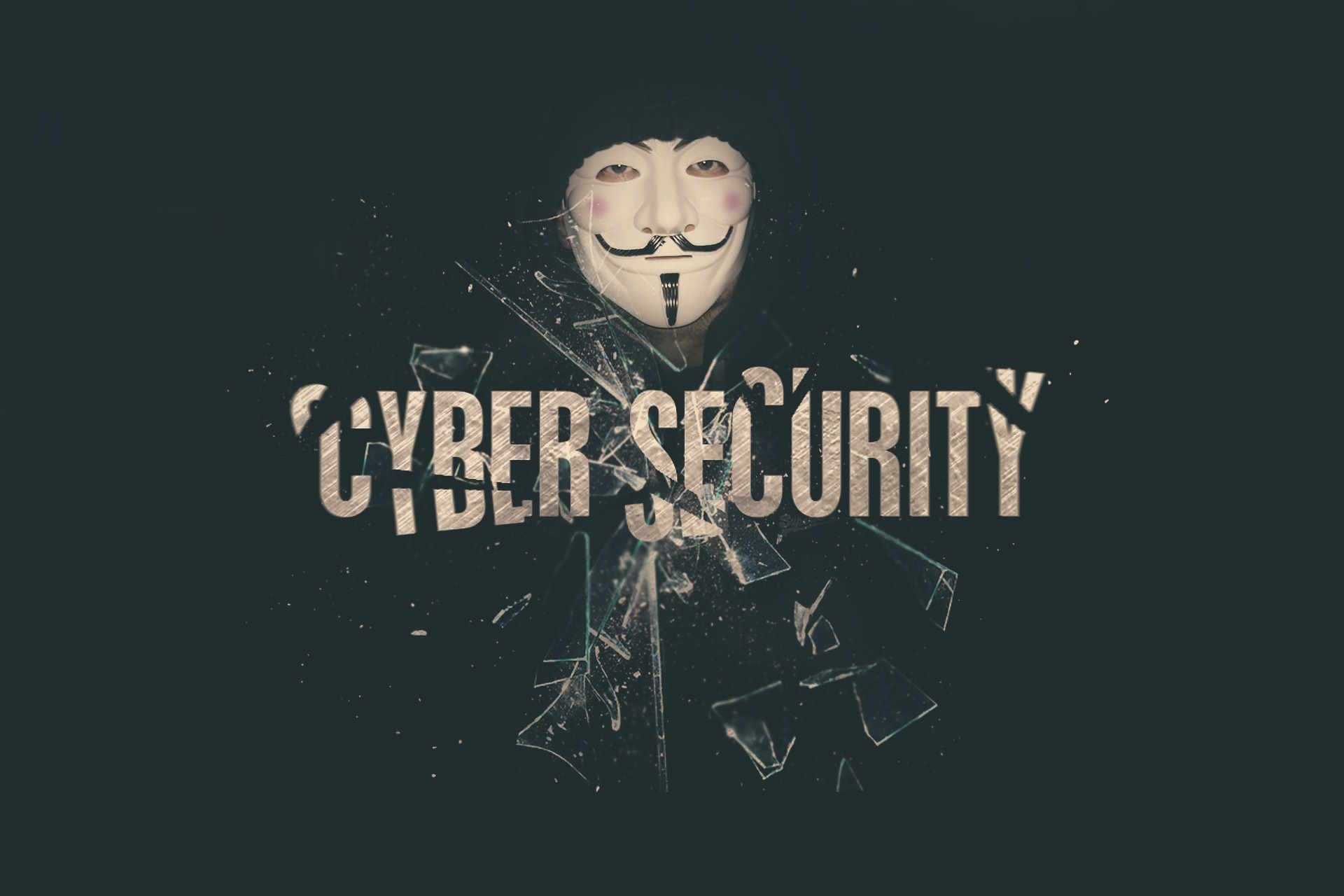Complete business protection: from modern computer threats to innovative future solutions
Cybersecurity has become the cornerstone of modern business operations, transforming from a technical afterthought into a critical business imperative. As South African businesses increasingly embrace digital transformation, the need for comprehensive protection against evolving cyber threats has never been more urgent. Understanding cybersecurity fundamentals and implementing robust defense strategies can mean the difference between business continuity and devastating financial losses, making it essential for organizations of all sizes to prioritize their digital security posture.

What is cybersecurity and why is it important for your business?
Cybersecurity encompasses the practices, technologies, and processes designed to protect digital systems, networks, and data from unauthorized access, theft, or damage. For businesses, cybersecurity serves as a digital shield protecting valuable assets including customer information, financial records, intellectual property, and operational systems.
The importance of cybersecurity extends beyond mere data protection. A successful cyberattack can result in significant financial losses, with South African businesses facing average costs of millions of rand per incident. Beyond immediate financial impact, data breaches damage customer trust, disrupt operations, and can lead to regulatory penalties under legislation such as the Protection of Personal Information Act (POPIA). Small businesses are particularly vulnerable, as many lack dedicated IT security resources yet remain attractive targets for cybercriminals seeking easier entry points.
Modern businesses rely heavily on interconnected systems, cloud services, and mobile technologies, creating multiple potential entry points for attackers. This digital dependency makes cybersecurity not just an IT concern, but a fundamental business risk management requirement.
What are the main threats, and how can you prevent them?
Today’s cyber threat landscape includes various sophisticated attack vectors targeting businesses across all industries. Ransomware attacks encrypt business data and demand payment for restoration, while phishing attempts trick employees into revealing sensitive credentials through deceptive emails or websites. Malware infections can steal data, monitor activities, or provide unauthorized system access.
Social engineering attacks exploit human psychology rather than technical vulnerabilities, manipulating employees into bypassing security protocols. Insider threats, whether malicious or accidental, pose significant risks as employees have legitimate system access that can be misused or compromised.
Prevention strategies require a multi-layered approach combining technology, processes, and people. Regular software updates and patch management address known vulnerabilities, while robust backup systems ensure data recovery capabilities. Employee training programs help staff recognize and respond appropriately to potential threats, particularly phishing attempts and social engineering tactics.
Implementing strong access controls limits system access based on job requirements, while network monitoring tools detect unusual activities that might indicate security breaches. Regular security assessments and penetration testing identify vulnerabilities before attackers can exploit them.
How to choose the perfect cybersecurity solution for your needs?
Selecting appropriate cybersecurity solutions requires careful assessment of your business’s specific risks, compliance requirements, and operational constraints. Start by conducting a comprehensive security audit to identify current vulnerabilities and protection gaps across your digital infrastructure.
Consider your industry’s regulatory requirements and data sensitivity levels when evaluating solutions. Financial services, healthcare, and retail businesses face stricter compliance obligations requiring specialized security measures. Assess your technical capabilities and available resources, as some solutions require dedicated IT staff for management and maintenance.
Scalability represents another crucial factor, ensuring your chosen solutions can grow with your business without requiring complete replacement. Cloud-based security services often provide flexibility and reduced infrastructure requirements, particularly beneficial for smaller organizations with limited IT resources.
Evaluate solution providers based on their track record, customer support quality, and integration capabilities with your existing systems. Consider managed security services if your organization lacks internal expertise, as these providers offer professional monitoring and response capabilities.
Cost considerations play a significant role in cybersecurity solution selection, with various pricing models available across different provider categories. Enterprise-grade solutions from established providers like Microsoft, Symantec, and McAfee typically range from R500 to R2,000 per user monthly, depending on feature complexity and support levels. Small business solutions often start around R200 per user monthly for basic protection, scaling upward based on advanced features and compliance requirements.
| Solution Type | Provider Examples | Monthly Cost Range (per user) |
|---|---|---|
| Basic Antivirus | Kaspersky, ESET | R50 - R150 |
| Business Security Suite | Microsoft 365, Symantec | R200 - R800 |
| Enterprise Security | CrowdStrike, Palo Alto | R800 - R2,000+ |
| Managed Security Services | Local providers, IBM | R1,000 - R3,000+ |
Prices, rates, or cost estimates mentioned in this article are based on the latest available information but may change over time. Independent research is advised before making financial decisions.
Future cybersecurity trends point toward artificial intelligence-driven threat detection, zero-trust security architectures, and increased automation in incident response. As cyber threats continue evolving, businesses must maintain adaptive security strategies that balance protection effectiveness with operational efficiency. Investing in comprehensive cybersecurity today positions organizations to handle emerging threats while maintaining competitive advantages in an increasingly digital marketplace. The key lies in viewing cybersecurity not as a cost center, but as a critical enabler of business growth and customer trust in the digital age.




